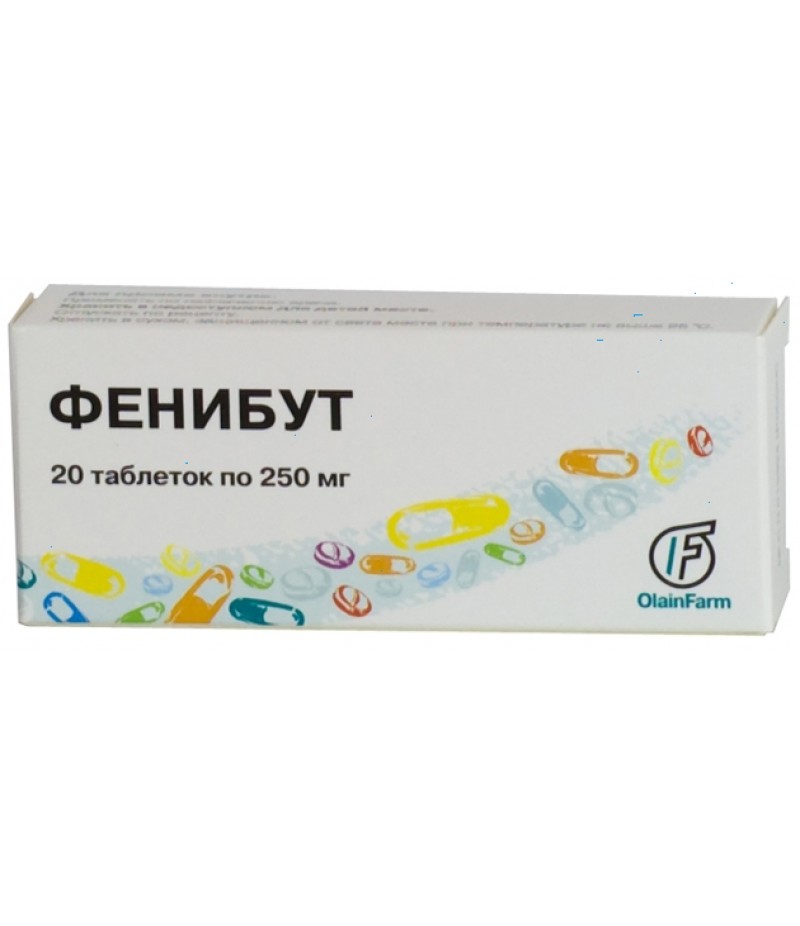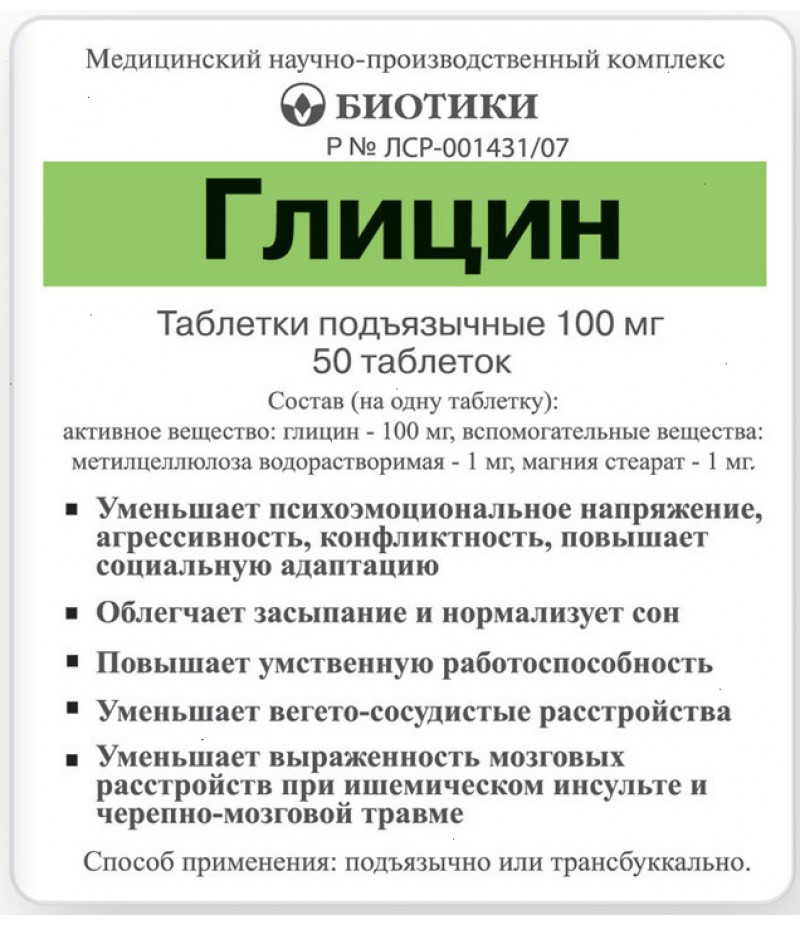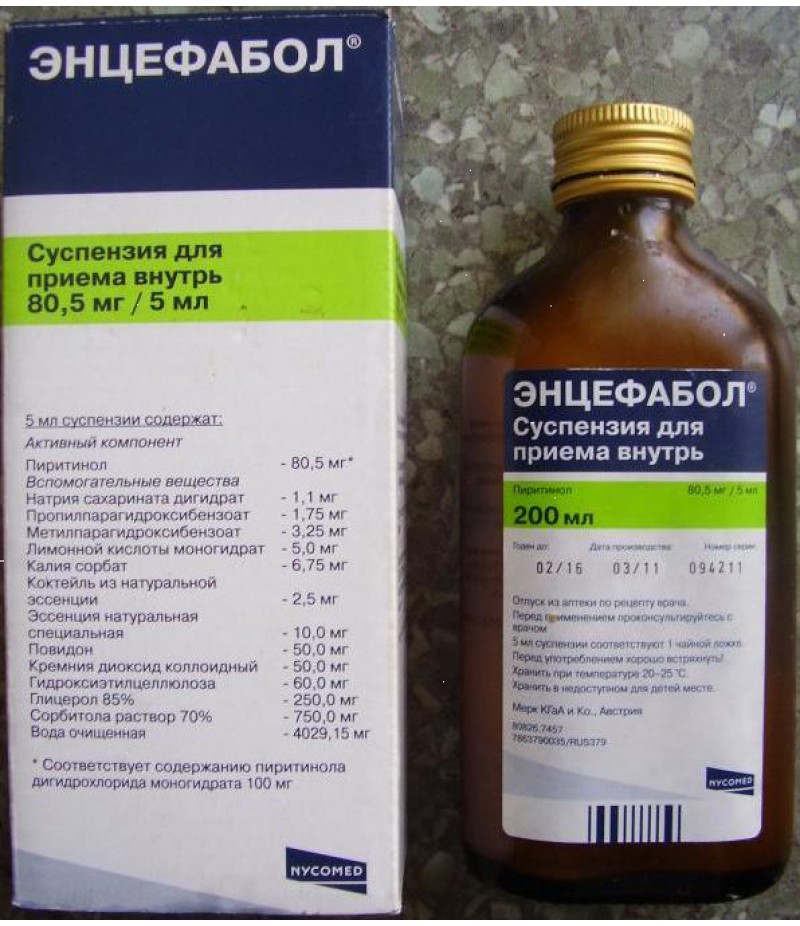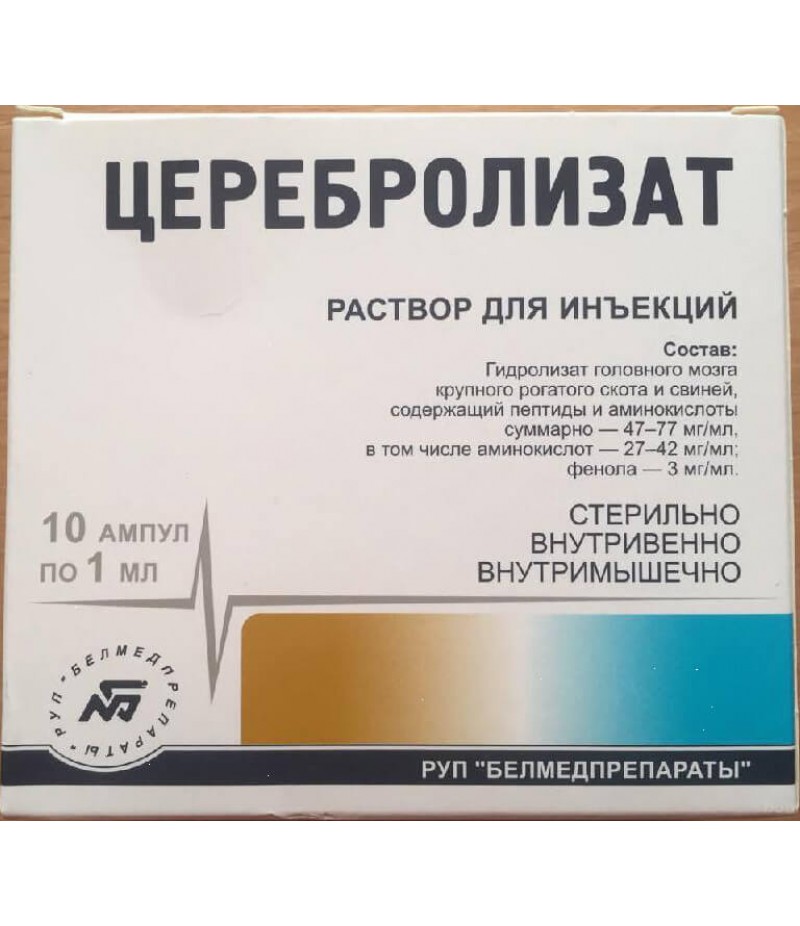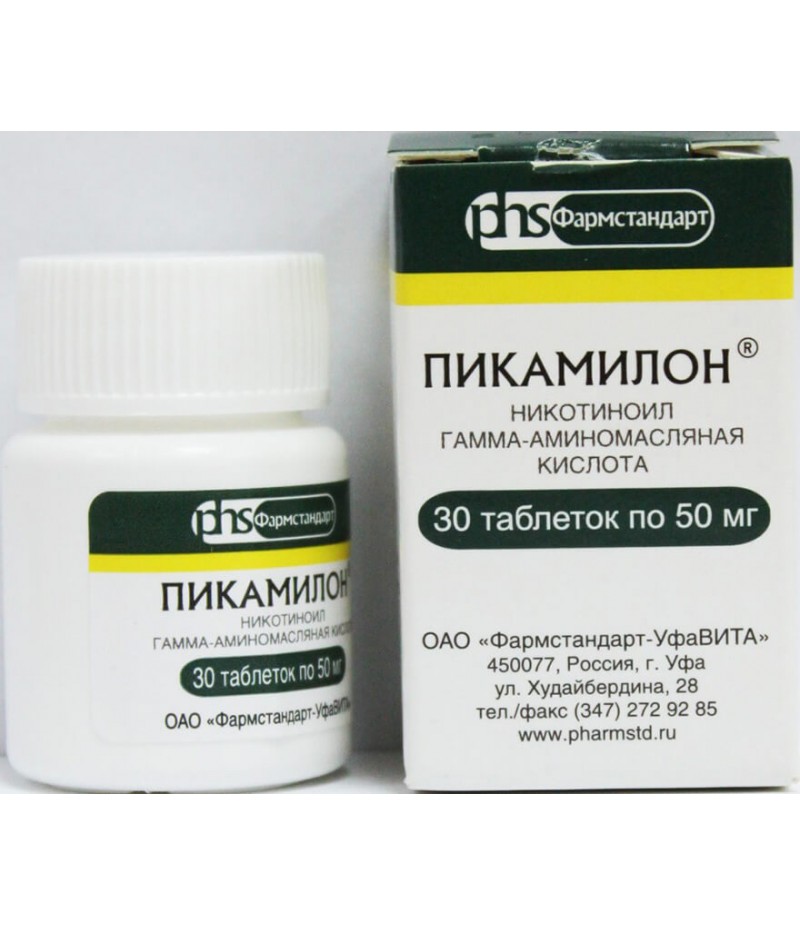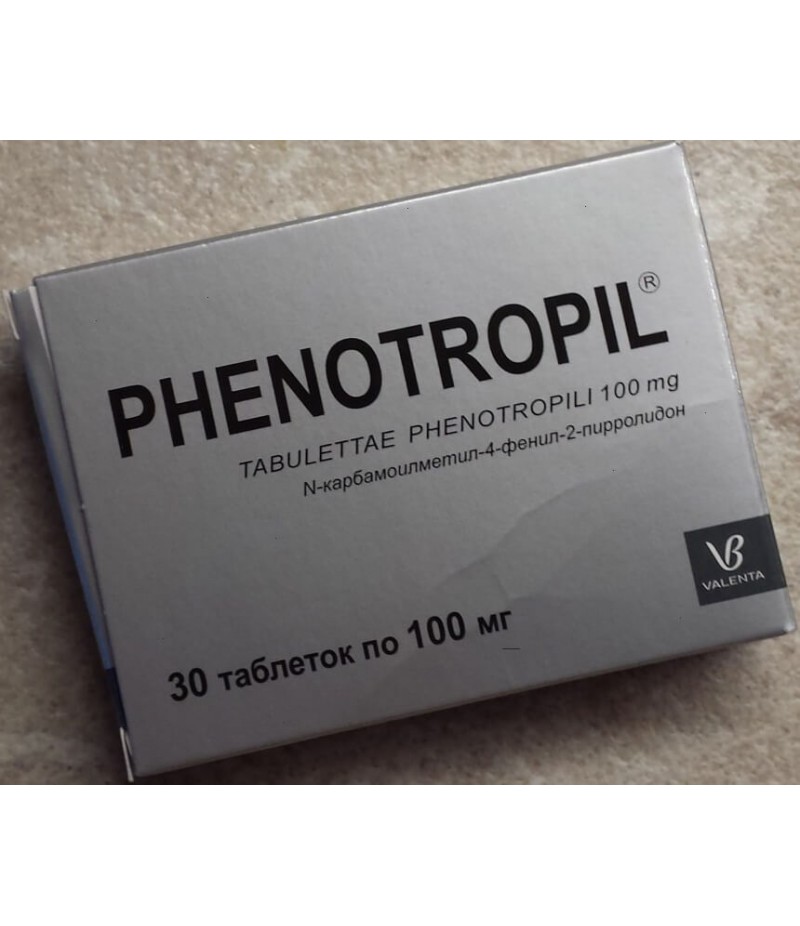Phenibut 250gr #20
- $25.70
- 3 or more $24.99
- Availability:In Stock
Phenibut instruction manualReed more and buy PhenibutThe drug Phenibut belongs to the group of nootropic drugs with a mild tranquilizing effect.Composition and form of releaseThe drug Fenibut is avail
Phenibut instruction manual
Reed more and buy Phenibut
The drug Phenibut belongs to the group of nootropic drugs with a mild tranquilizing effect.
Composition and form of release
The drug Fenibut is available in the form of tablets for oral administration, 10 pieces per blister, in a cardboard box with the attached detailed annotation.
Each tablet contains 250 mg of the active active ingredient Phenibut (in the form of γ-amino-β-phenylbutyric acid hydrochloride), as well as a number of additional auxiliary components.
The therapeutic effect of the drug is to improve blood circulation in the brain, increase efficiency, memory and concentration, eliminate unreasonable feelings of fear, irritability, apathy, anxiety and asthenia.
Indications for use
Phenibut tablets are prescribed for adults and adolescents older than 14 years to treat the following conditions:
apathy;
chronic fatigue;
fast fatiguability;
frequent headaches on the background of stress and increased psycho-emotional stress;
neuroses and neurotic states, accompanied by sleep disturbances;
urinary incontinence in adolescents (as part of complex therapy);
anxiety and unreasonable feeling of fear, phobia;
period of rehabilitation after a long drinking binge;
Meniere's disease;
dizziness caused by pathologies of the vestibular apparatus;
stuttering;
nervous tic of different origin;
alcohol abstinence syndrome.
The drug Fenibut can also be prescribed as a premedication to patients on the eve of a scheduled operation in case of excessive excitement.
Contraindications
Before starting the use of the drug, the patient should consult a physician and carefully read the attached instructions. Contraindications for the use of Phenibut tablets are:
pregnancy and the period of breastfeeding;
individual intolerance to the components of the drug;
lactase insufficiency or malabsorption syndrome;
severe liver disease, accompanied by a violation of the function of the body;
liver failure.
Method of administration and dosage
Phenibut tablets are taken orally, before meals or immediately after meals, with a small amount of water. The dose of the drug is determined by the doctor individually for each patient. It directly depends on the indications, age and characteristics of the organism. According to the instructions, a single dose of the drug at the initial stage of use is from 20 mg to 250 mg. The number of appointments per day and the duration of treatment is also determined by the doctor strictly individually.
Use in pregnancy and lactation
The experience of using the drug Fenibut during pregnancy is limited. Use of tablets in the first trimester of pregnancy is not desirable, because in the first 12 weeks all the organs and systems of the child are laid, and the effect of drugs on the maternal organism can harm this process.
The use of the drug in the second and third trimesters of pregnancy is possible only if the expected benefit for the expectant mother exceeds the probable risks for the child. Treatment is carried out under the supervision of the doctor and with the development of any undesirable reactions immediately ceases.
Experience with the use of the drug Fenibut during breastfeeding is very limited. It is not known about the ability of the drug to excrete with breast milk, so it is not recommended to prescribe pills to nursing mothers. If a woman needs therapy, it is best to stop breastfeeding so as not to harm the baby.
Adverse Events
The drug is well tolerated by patients. Side effects occur rarely and mainly occur in individuals with individual hypersensitivity to the components of the drug. Clinically, the side effects are manifested as follows:
from the nervous system - psychomotor agitation, sleep disturbance, anxiety, headaches, irritability, dizziness;
from the digestive system - salivation, nausea, sometimes vomiting, stools;
allergic reactions - the appearance of a rash on the skin, hives, itching, dermatitis, scratching on the skin.
If such side effects occur, the patient should consult a specialist for advice.
Overdose
Cases of an overdose of Phenibut are not registered, however, to avoid the development of the side effects described above, the dose prescribed by the doctor should not be exceeded.
When a large number of tablets are accidentally ingested, the patient may experience gating, dizziness, falling blood pressure, and cardiovascular disorders.
In case of signs of overdose, the drug should be stopped immediately and seek medical help. Treatment consists in washing the stomach, inserting enterosorbents into the interior and performing symptomatic therapy if necessary.
Drug Interactions
The drug Fenibut enhances and lengthens the therapeutic effect of drugs from the group of sedatives, tranquilizers, antidepressants, analgesics, anticonvulsants, antipsychotic drugs. Given this information, Fenibut is not recommended to appoint simultaneously with the listed groups of drugs or adjust the dose of the latter.
special instructions
The drug can increase the acidity of the stomach, so patients suffering from erosive diseases of the gastrointestinal tract, including in the history, should be very careful when taking Fenibut tablets.
With prolonged therapy with the drug should periodically take blood tests to check the activity of liver transaminases. When pain occurs in the right hypochondrium, jaundice of the skin, bitterness in the mouth, treatment with the drug should be stopped immediately and consult a doctor.
During the treatment period, the drug should refrain from managing motor vehicles or equipment requiring increased concentration of attention from the patient.
Analogues of Fenibut tablets
The analogues of Phenibut are:
Glycine;
Do not self-medicate and always consult a doctor before starting the drug, since all listed drugs have side effects and contraindications.
Leave and storage conditions
Phenibut tablets are allowed for over-the-counter leave from pharmacies. Store the package with the drug in a place inaccessible to children at room temperature. Shelf life of the tablets is 3 years from the date of manufacture, at the end of this period the product is disposed of.

